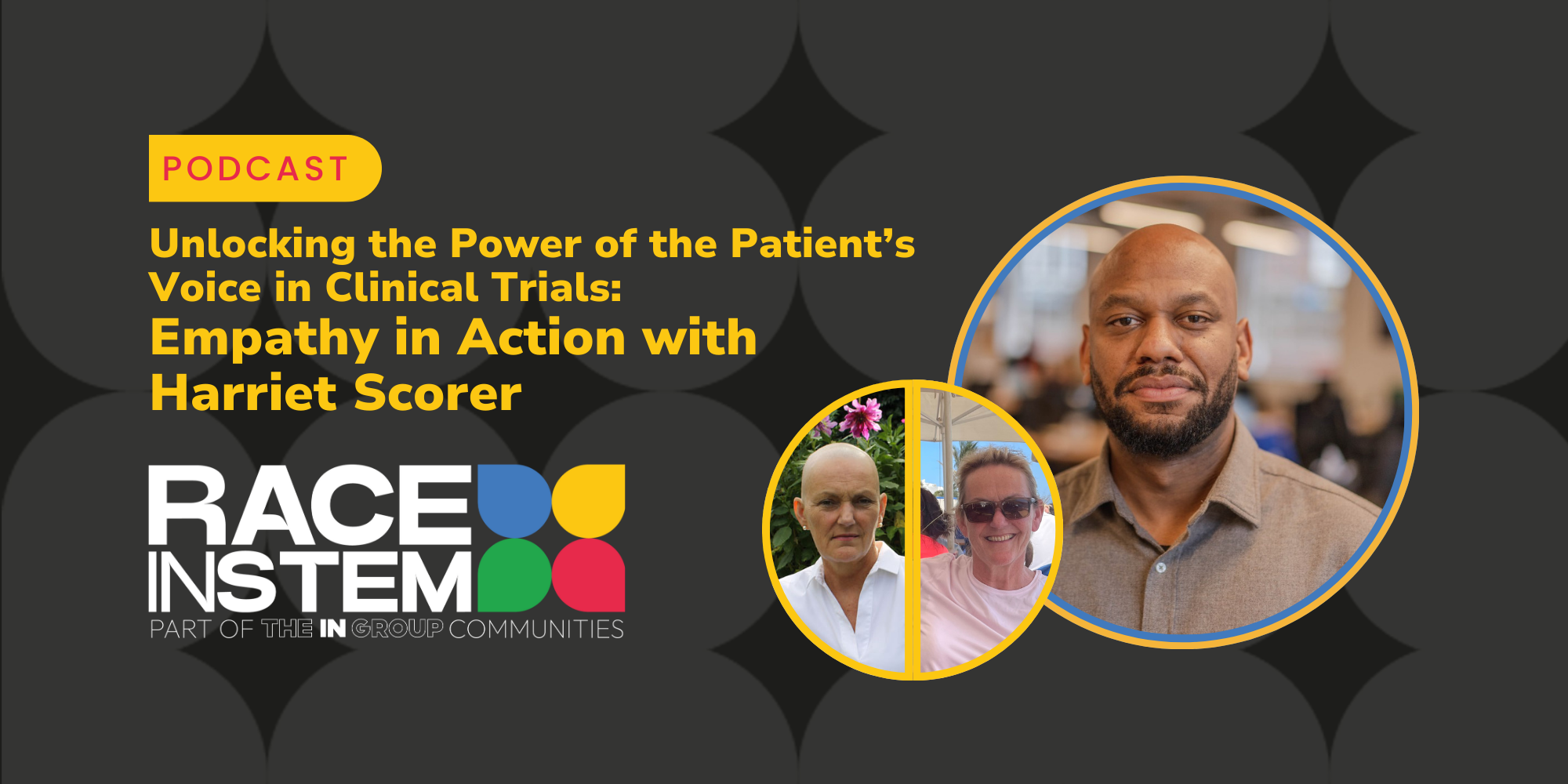In the second episode of our series on Unlocking the Power of the Patient's Voice in Clinical Trials, we delve deeper into a conversation that transcends data points and statistical analysis — the human side of medical treatment and clinical research.
Our guest in this episode, Harriet Scorer, a former medical director and life sciences professional, shares her unique perspective on clinical trials, both as a doctor and as a patient. Her journey through a rare blood cancer, Waldenström’s macroglobulinemia (WM), has highlighted the importance of integrating the patient’s voice into clinical research.
The Human Side of Medicine
As a healthcare professional, Harriet knew the clinical side of medicine well, but it wasn’t until she became a patient herself that she truly understood the challenges of navigating clinical trials. “It’s one thing to understand the process from the outside, but another to experience the emotional and practical side of it,” Harriet reflects. She found that many doctors, despite their expertise, sometimes overlook the personal aspect of patient care. “Doctors can be academically focused, but they don’t always see the person behind the patient,” she adds.
Harriet’s experience highlights the need for patients to be active participants in their treatment decisions. She advocates for full transparency in clinical trials, ensuring patients are not just informed about treatment options but also about potential risks and benefits.
The Role of Patient Advocacy
Clinical trials often require difficult decisions. For Harriet, this was particularly true when considering treatment options for WM, a rare condition with limited treatment pathways. While clinical trials can offer new hope, they are not always the right choice for every patient. “It’s important to understand what the trial offers, what’s been tested, and the risks involved,” says Harriet.
Her experience also emphasises the need for more patient advocacy and support systems. During her own stem cell transplant process, Harriet was left in limbo when funding for her treatment was delayed. “I had to fight for my treatment, not just for myself but for others who didn’t have the resources to do the same,” she shares. This experience underscores the importance of patient empowerment and support in ensuring that clinical trials and treatments are accessible to all.
Changing Perspectives on Clinical Trials
Harriet’s journey led her to work with WMUK, a charity that supports patients with Waldenström’s macroglobulinemia. Her goal is to provide information and resources to those affected by the condition, helping them navigate both the emotional and practical challenges of living with cancer. Through this work, Harriet has realised that the key to improving patient outcomes in clinical trials lies in making the process more transparent and accessible.
She encourages patients to take the time to understand their options, ask questions, and seek out additional support. “Clinical trials are not one-size-fits-all. It's important to weigh your options and consider the logistics and personal impact of participation,” says Harriet.
The Future of Clinical Trials: Empowering Patients
This episode is a reminder that the patient’s voice should be at the heart of clinical trials. By listening to patients, understanding their needs, and involving them in the decision-making process, we can create clinical trials that truly reflect the realities of those they aim to help. Harriet’s story is an inspiration for both patients and healthcare professionals, highlighting the importance of empathy, transparency, and patient-centred care in clinical research.

